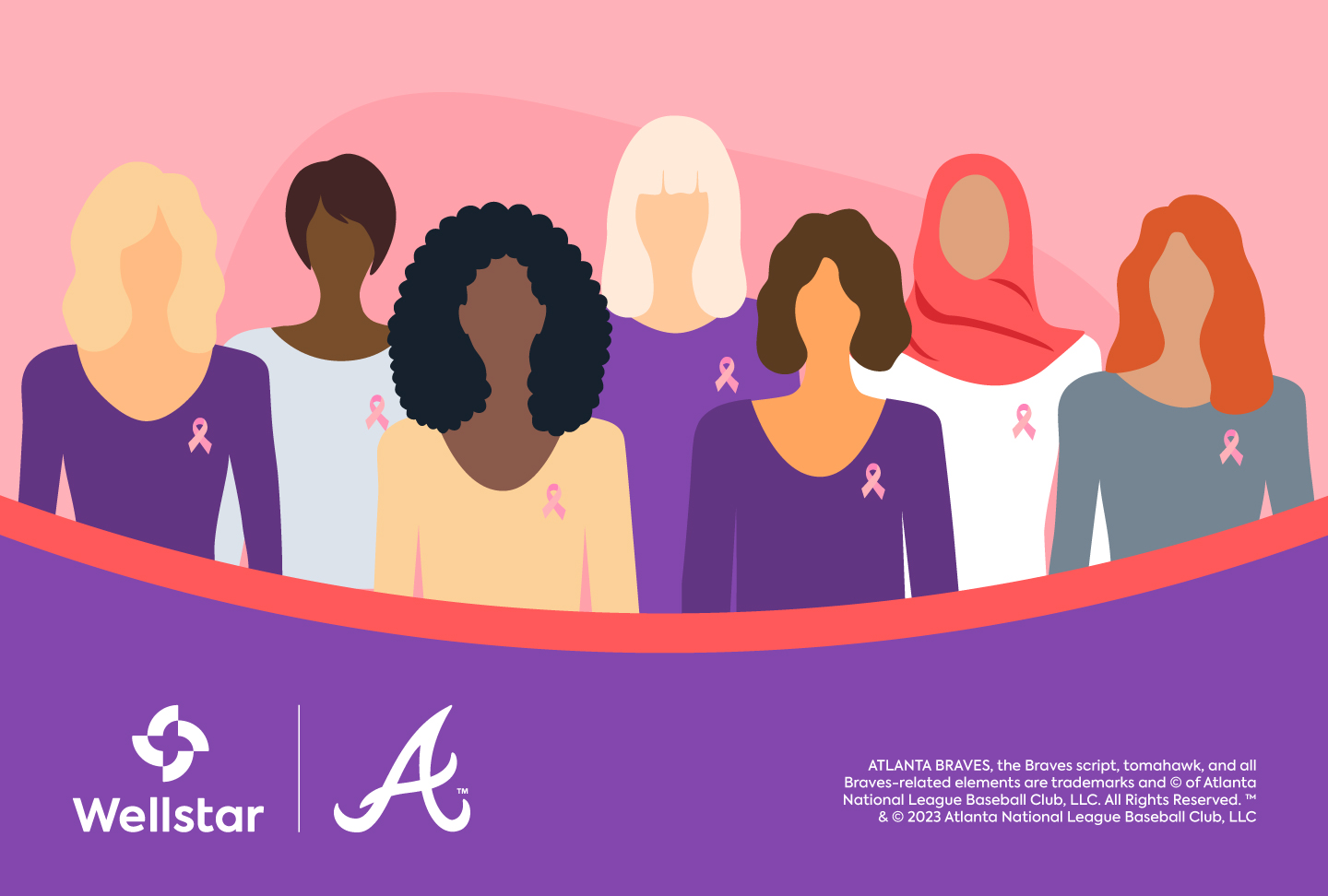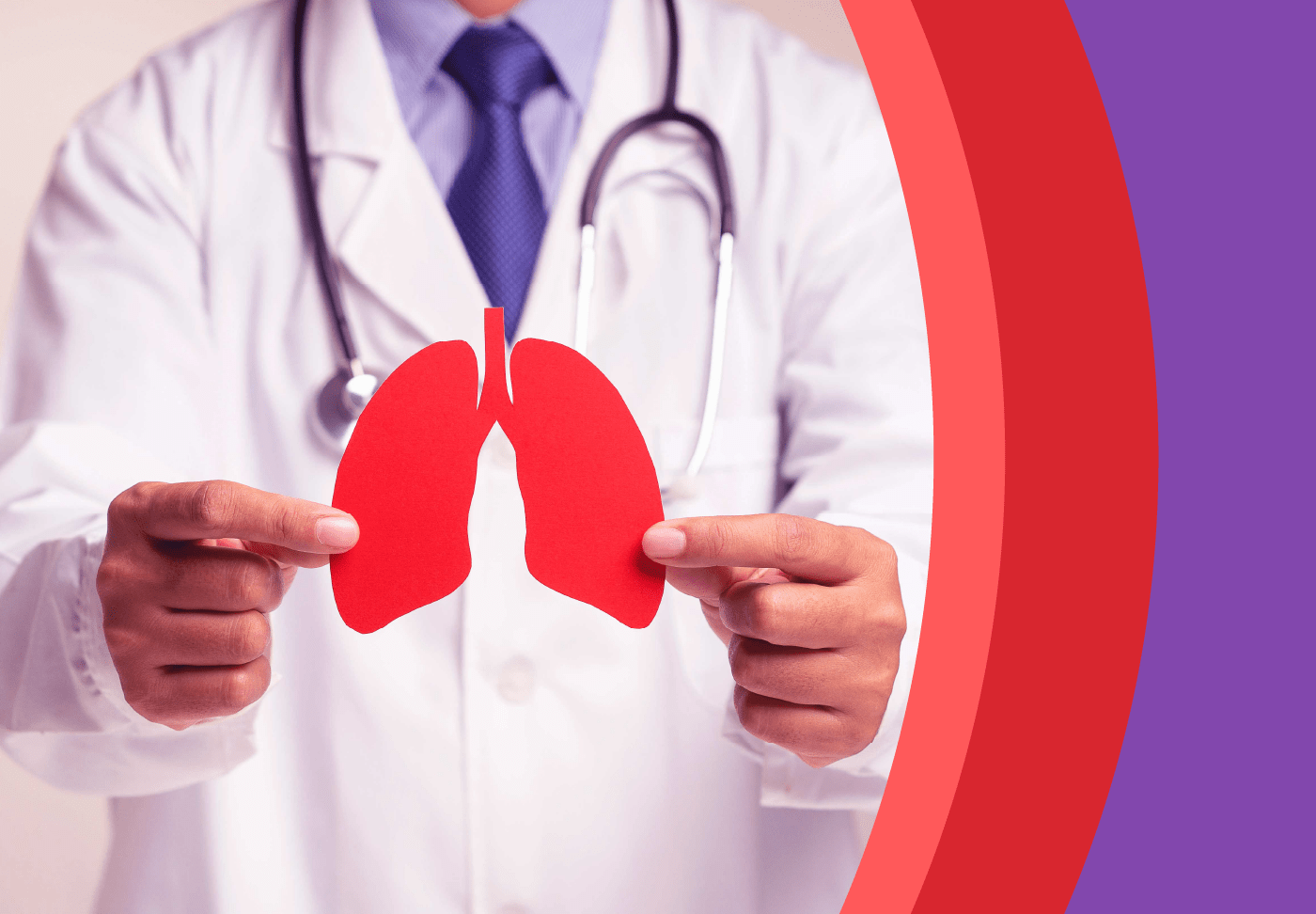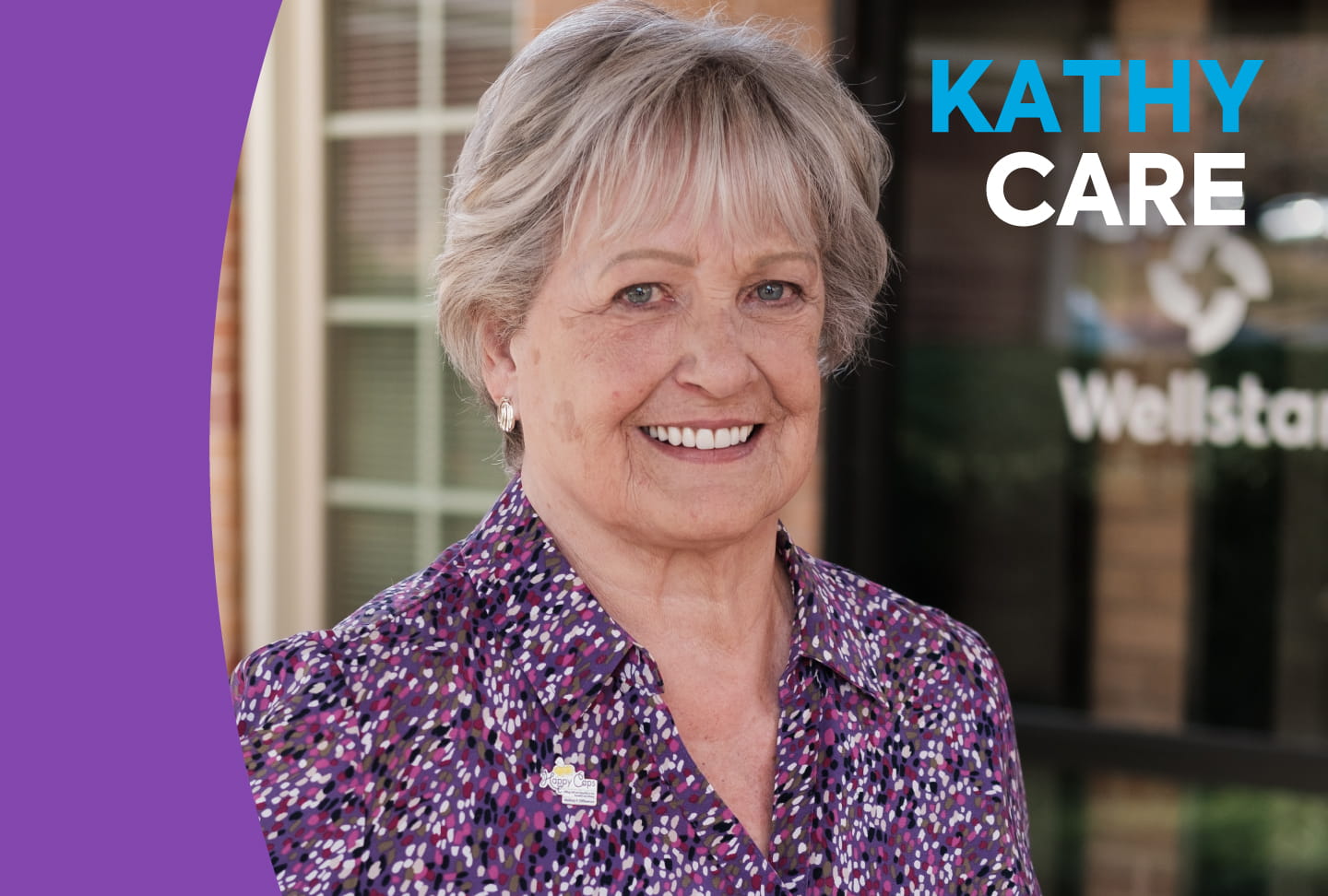By
Dr. Nevin Wadehra,
hematologist/oncologist with Wellstar and Northwest Georgia Oncology Centers
The world of breast cancer can be confusing, especially because of all the abbreviations and acronyms. Knowing these terms can help us better understand breast cancer.
What does BRCA or HER2 mean when it comes to breast cancer?
To doctors, they’re important pieces of information that can guide their treatment strategies. To patients, they can mean the difference between one treatment plan and another—or even between risk and prevention.
Understanding BRCA
The Definition: BRCA is short for “Breast Cancer Gene.” It includes two separate genes: BRCA1 and BRCA2. These genes have been found to impact a person’s chance of developing certain cancers.
The Explanation: In the past few decades, breast cancer research has advanced from general diagnosis to highly personalized treatment. For example, BRCA1 and BRCA2 are associated with increased risk for several cancers including breast and ovarian cancer in women and prostate cancer in men. This is traditionally referred to as hereditary breast and ovarian cancer (HBOC) syndrome. However, there are other increased risks with BRCA, including prostate and pancreatic cancer.
Patients without cancer but who have a family history of these cancers should discuss BRCA testing with their physician and consider evaluation by a genetic counselor. For patients with cancer who are known to have the BRCA gene, this could affect their treatment choices with more targeted therapy.
Understanding HER2
The Definition: HER2 stands for Human Epidermal Growth Factor Receptor 2. It is a protein found on the surface of breast cancer cells and plays a role in how the cells grow and divide.
The Explanation: Approximately 20% of female patients with breast cancer have tumors with high levels of HER2. Because HER2 is involved in the growth of cancer cells, this type of breast cancer can be aggressive. It's important that anyone diagnosed with breast cancer has their tumor tested for the presence of HER2.
In the past, HER2-positive tumors were associated with an increased risk of both recurrence and death from breast cancer. However, with the use of chemotherapy and targeted treatment against HER2, the prognosis of HER2-positive breast cancer has improved substantially.
Treatment options may include surgery, HER2-directed therapy with chemotherapy, endocrine therapy and radiation therapy. The best combination of treatments and the order in which to receive them can vary depending on the situation. Most patients with HER2-positive breast cancer will receive one or more chemotherapy drugs plus trastuzumab, a HER2 antibody. Many studies have shown that these treatments dramatically improve survival for patients with HER2-positive breast cancer. Trastuzumab and chemotherapy are even recommended for patients with very small, HER2-positive breast cancers. Tumors as small as 0.5 centimeters often warrant such treatment.
Decisions must be individualized based on your unique risk. Talk to your doctor about whether you are a candidate for trastuzumab, especially if you have a small HER2-positive tumor.
How do you determine what treatment is best?
There are many options for the treatment of breast cancer, and deciding which is best can be confusing. Expert guidelines help clarify what treatments are most appropriate for large groups of patients.
However, individual factors—including your personal values and preferences, as well as your cancer stage and characteristics—are also important to consider. Talk to your care team about your treatment options and what is best suited to your individual needs.
Learn more about breast cancer care at
wellstar.org/breastcancer.




